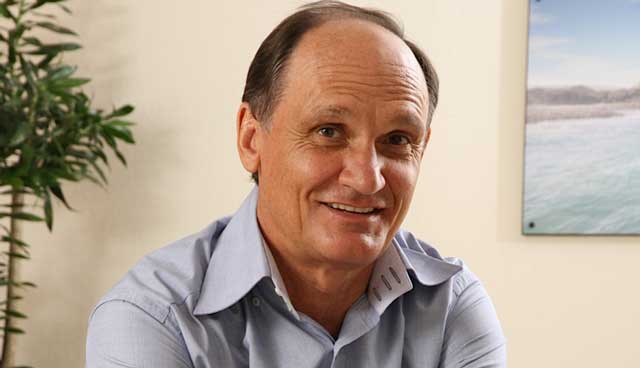 This may go down as the week that changed everything in South Africa’s telecommunications industry, the one that signalled the start of the end of the duopoly grip held by Vodacom and MTN.
This may go down as the week that changed everything in South Africa’s telecommunications industry, the one that signalled the start of the end of the duopoly grip held by Vodacom and MTN.
It started nine days ago when sector regulator, the Independent Communications Authority of South Africa (Icasa), dropped a bomb on the two incumbent mobile operators, telling them where they could get off. Cell C capped off the week of high drama by taking its two bigger rivals to the Competition Commission, accusing them of abusing their “dominant” positions.
Icasa began things by signalling that it was tired of high retail tariffs, saying it will slash wholesale inter-network fees in half early next year. These are the regulated “mobile termination rates” the operators levy on each other to carry calls between their networks. Under Icasa’s proposal, the rates will be reduced by 75% by 2016, on top of already significant cuts imposed in recent years.
More than that, Icasa said it plans to introduce wholesale rates that are deliberately and aggressively skewed in favour of third and fourth mobile entrants Cell C and Telkom Mobile. By inference, it is saying that it has given up on MTN and Vodacom driving down retail prices. That’s fair, given it’s the smaller players that have taken advantage of previous cuts in termination rates, forcing their bigger rivals — quite begrudgingly — into cutting their prices.
Icasa’s draft regulations — they’ll still be subject to intense debate — sent the share prices of Vodacom and MTN plummeting this week, while Telkom added more than 10% in two days; Cell C is not listed.
The proposed regulations have clearly rattled the two bigger operators. They represent a gutsy move by Icasa, a regulator not known for rocking the boat. It’s taking on entrenched financial interests, potentially costing the incumbents billions of rand in profit. The question is whether what Icasa is doing, especially in favouring the smaller operators, is going to benefit consumers and South Africa’s economy in the long term. Certainly, lower termination rates, coupled with (less aggressive) “asymmetry” for smaller players, has already had a marked impact on prices. But do the proposed new asymmetry plan goes too far? The last thing Icasa will want to do is to create a situation where Vodacom and MTN stop investing in their networks.
However, the two big mobile operators also haven’t exactly been doing themselves any PR favours. Both have perception problems.
MTN South Africa CEO Zunaid Bulbulia argued on a public stage this week that South Africans have to choose between a highly competitive market, with many operators, and a more controlled environment that allows the incumbents to foster “innovation” and “investment”. Yet it’s MTN that has been the least responsive to the price pressures that have benefited consumers. MTN has lost market share, and rightly so, as a consequence of its inability to compete aggressively.
Former Vodacom boss and current Cell C CEO Alan Knott-Craig is taking full advantage. He’s styling himself as a consumer saviour, promising to make it his “damn business” to “fix” an industry, which he helped shape, that is now apparently broken. The irony cuts deep. Knott-Craig has become known as the industry’s “poacher turned gamekeeper”. Despite this, he has a point: South Africans have historically — and still are — paying too much for communications and a market realignment may be the way to fix that.

Vodacom has been faster at reacting to price cuts, but is arguably far from matching the tariffs offered by its smaller rivals. Both Vodacom and MTN will cut further if competition forces them to. And further retail cuts seem inevitable after next March, driven by Cell C and Telkom Mobile as they take advantage of lower rates skewed in their favour.
The effective duopoly that South Africa has had in mobile telecoms since 1994 has been good for MTN and Vodacom shareholders; not so much for consumers’ pockets. The two companies built good networks but they never rocked the pricing boat too much. Now Knott-Craig has fired a torpedo through the boat’s bow.
This week, apparently without a hint of irony, he promised to “crack” his two bigger rivals. He announced Cell C was taking them to the Competition Commission, accusing them of discriminatory pricing plans for calls between numbers on their own networks. He hinted that was just the start of much more to come. It’s a week that looks set to be remembered as a turning point for the industry.
- DuncanMcLeod is editor of TechCentral. Engage with him on Twitter
- The column was first published in the Sunday Times




